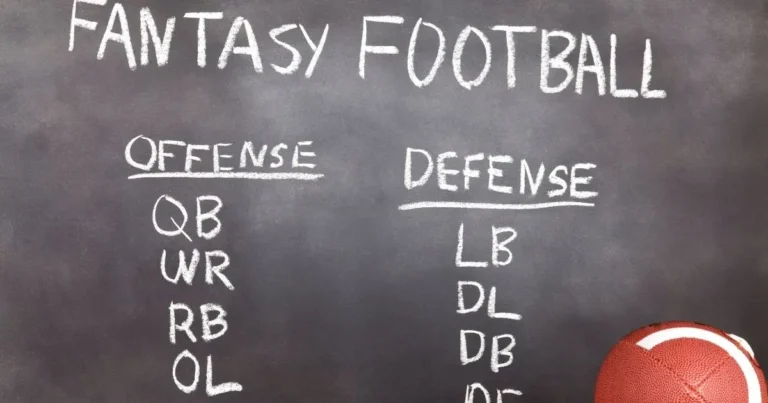The NH Constitution Versus Federal Immigration Law: A Case Study In Woodstock, NH~3 min read
As some of you may remember, a border patrol checkpoint in Woodstock, NH resulted in multiple drug arrests of various individuals with small amounts of marijuana. Some of the Defendants challenged these arrests on constitutional law grounds. In a lengthy order, Judge Thomas Rappa of the New Hampshire Circuit Court has politely, but strongly reaffirmed, that where New Hampshire provides greater protections then do federal procedures, the New Hampshire procedures must be adhered to in any search and if they are not, there will be consequences to the prosecution.
At issue were a series of arrests at a motor vehicle border patrol stop in the Town of Woodstock on Route 93 in August of 2017. United States Customs and Border Patrol agents were working the checkpoint with assistance from local police departments. For several years, the Border Patrol has set up a motor vehicle stop approximately 90 miles from the Canadian border in the Town of Woodstock on Route 93. The primary goal, per border patrol, was to identify immigration violators as part of the federal government’s focus on immigration crackdowns. This time around, in August of 2017, the stop included drug-sniffing dogs. If a dog alerted on a vehicle, that vehicle was pulled aside and the local police officers from Woodstock of New Hampshire precincts would conduct a search of the vehicle. Ostensibly, the border patrol had the dogs present to stop drug smuggling. However, the dogs would alert on vehicles with any drugs, including those vehicles with nominal amounts of marijuana for personal use only. In those nominal cases, the border patrol had no interest in prosecuting the defendants. However as indicated, assisting border patrol were members of the local police department. While the border patrol was not interested in vehicles containing a small amount of drugs, the local authorities were interested and arrested several individuals during the course of the stops. It was this group of individuals that challenged the arrests claiming that the searches were unconstitutional under New Hampshire law. New Hampshire’s protections under the law for these individuals are greater than those provided under federal law when it comes to searches involving drug-sniffing dogs.
The defendants moved to suppress the evidence of drugs found as a result of these stops. The state argued that since the stops themselves and searches were permissible under federal law and were conducted by federal actors, the local authorities could use the information provided by the federal agents and make the arrests. The defense argued where the prosecutions were in state court the greater protection provided by the law of New Hampshire with regard to searches applied. Since the searches conducted by the federal actors did not comply with state requirements, and because the prosecutions were in NH state court, the court ordered the suppression of all evidence secured as a result of those searches. Ultimately, Judge Rappa found the searches violated New Hampshire’s constitutional law. It is not clear at this point whether the state will appeal Judge Rappa’s decision.
This is a situation where New Hampshire’s constitutional rules apply, and the greater constitutional protections afforded by our state were applied. While the immigration issue is a very separate matter, this order demonstrated that if the State wishes to get involved in these stops, they must still follow the rules of the state they are in.
This unique situation is one of many playing out around the country, as we look at the various ways to change and apply our immigration and constitutional law.
At Parnell, Michels & McKay, we are always looking at developments in the law. If you are concerned about how the law affects you, contact us today.














